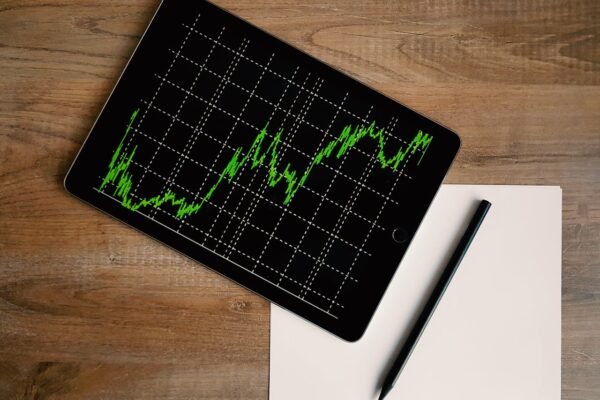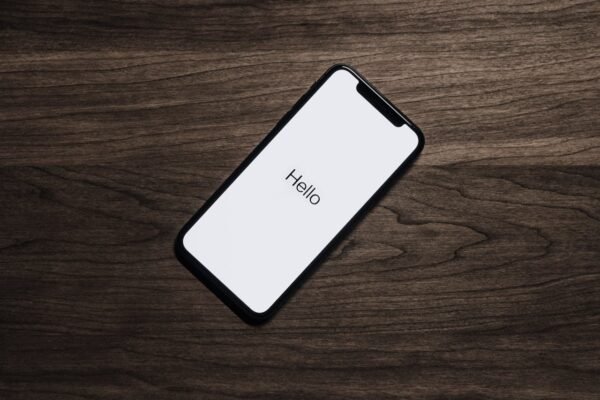Why Prices Keep Going Up
Have you ever wondered why your grocery bill is higher than it used to be—or why it feels like your money doesn’t stretch as far as it did last year?
That’s inflation at work.
Inflation affects everyone, but few people truly understand what it means, how it works, or why it matters. In this simple guide, we’ll break it down in everyday terms—no economics degree required.
1. What Is Inflation, in Plain Words?
Inflation is the rate at which prices of goods and services increase over time.
In other words, it’s when your money buys less than it used to.
Example:
- If a loaf of bread cost $2 last year and $2.20 this year, the price has gone up by 10%.
- That 10% rise is inflation.
This doesn’t mean everything gets more expensive equally—but overall, the average price of things you buy tends to rise.
2. What Causes Inflation?
Inflation happens when there’s more demand than supply, or when the cost of producing things goes up. Here are the main reasons:
A) Demand-Pull Inflation
- Too much money chasing too few goods.
- Example: Everyone wants a new phone, but there aren’t enough in stock. Prices rise.
B) Cost-Push Inflation
- When the cost of making things increases—like wages or raw materials.
- Example: If oil prices go up, transportation costs rise, and so does everything that depends on shipping.
C) Built-In Inflation
- As prices rise, workers want higher wages.
- Companies then raise prices to pay those wages.
- It creates a cycle of price and wage increases.
3. Is Inflation Always a Bad Thing?
Not necessarily.
Some inflation is actually normal and healthy. Most governments aim for a 2% yearly inflation rate. It helps:
- Encourage spending (instead of hoarding money)
- Support wage growth
- Keep the economy moving
But Too Much Inflation Is a Problem:
- Wages may not keep up → lower purchasing power
- Savings lose value
- Borrowing becomes harder
- Costs for essentials (like food and housing) rise faster than incomes
4. How Do We Measure Inflation?
Governments track inflation using something called the Consumer Price Index (CPI). It’s like a shopping basket filled with common items—food, gas, clothes, rent, etc.
Each month, economists check how much the basket costs. If the price goes up, inflation has increased.
Another index called Core Inflation removes food and energy prices (because they’re so volatile) to show a clearer long-term trend.
5. How Does Inflation Affect You?
Inflation touches almost every part of daily life:
| Area | Effect |
|---|---|
| Groceries | Items may get smaller or more expensive (aka shrinkflation) |
| Rent | Landlords may raise monthly rates |
| Savings | Your money loses value over time unless it earns interest |
| Wages | If your salary doesn’t grow with inflation, you’re earning less in real terms |
| Debt | Inflation can be good for fixed debt (like student loans), because you repay with cheaper dollars |
6. What Do Governments Do About Inflation?
The main tool used to control inflation is monetary policy, mostly managed by a country’s central bank (like the U.S. Federal Reserve or the State Bank of Pakistan).
They can:
- Raise interest rates to slow spending and borrowing
- Reduce the money supply in the economy
- Control credit to businesses and consumers
Sometimes, they do the opposite—lower rates—if inflation is too low or if the economy needs a boost.
7. What’s Happening with Inflation in 2025?
In 2025, many countries are still dealing with the aftershocks of pandemic-era spending, global supply chain changes, and energy crises. Inflation levels remain higher than pre-2020 averages in many regions.
Governments are trying to strike a balance between:
- Curbing inflation
- Avoiding a recession
- Supporting workers and businesses
It’s a tricky juggling act—and one of the biggest global economic conversations today.
8. Can You Protect Yourself From Inflation?
Yes! While you can’t stop inflation, you can make smarter financial choices to reduce its impact:
Practical Tips:
- Build a budget and track price changes
- Invest in inflation-protected assets like gold, real estate, or inflation-linked bonds
- Upskill to increase your earning potential
- Avoid keeping too much cash in savings that don’t earn interest
- Buy in bulk or stock up on non-perishables when prices are low
Final Thoughts: Inflation in Everyday Life
Inflation may sound like an abstract economic concept, but it’s very real and personal. From the coffee you buy to the rent you pay, it affects your everyday decisions.
By understanding how it works and how it influences your money, you’re already ahead of the curve.
Want to Learn More?
For deeper insights, check out:
🔗 U.S. Bureau of Labor Statistics – CPI Inflation Calculator
🔗 Investopedia: What Is Inflation?





